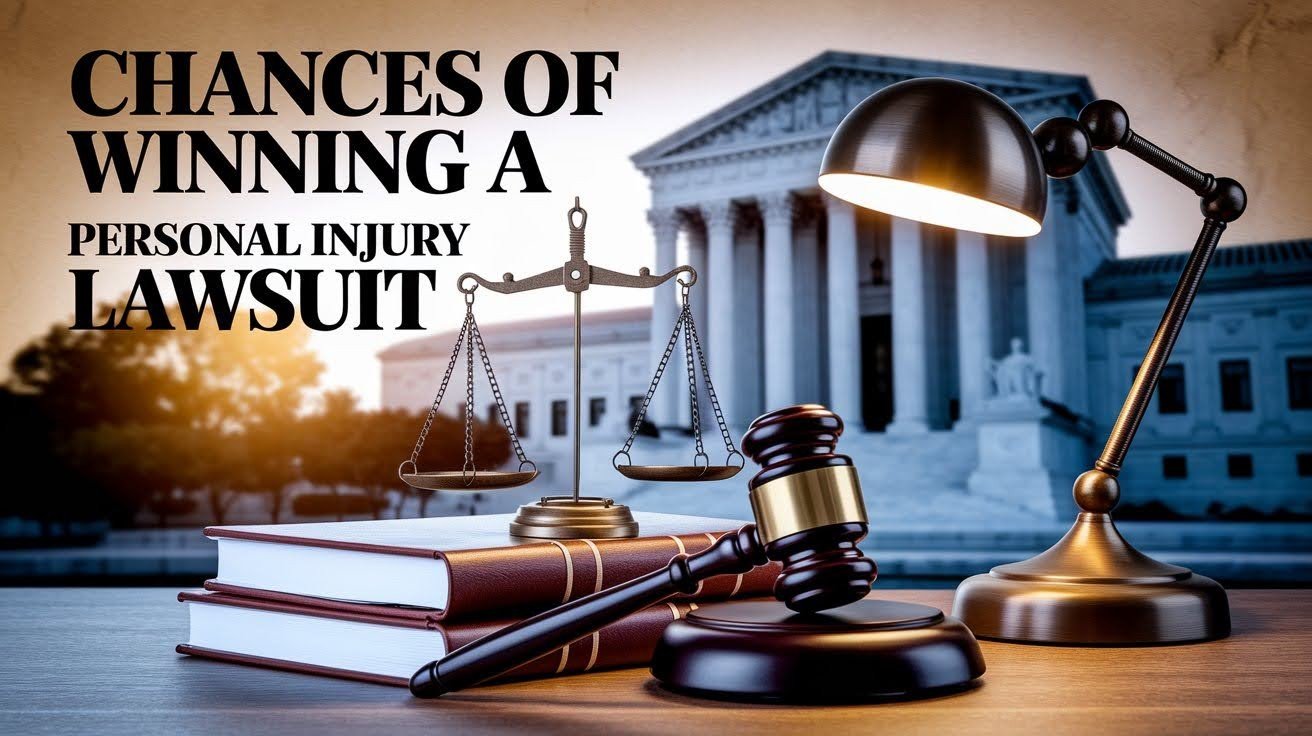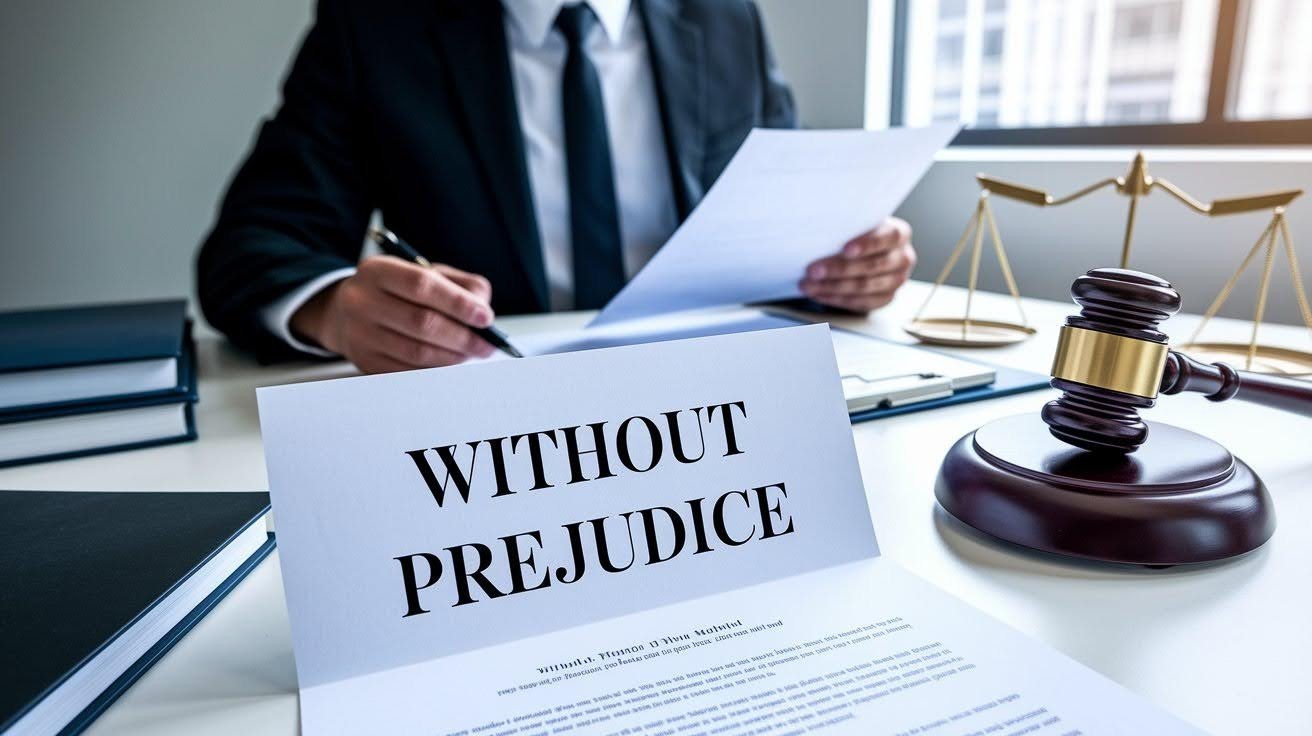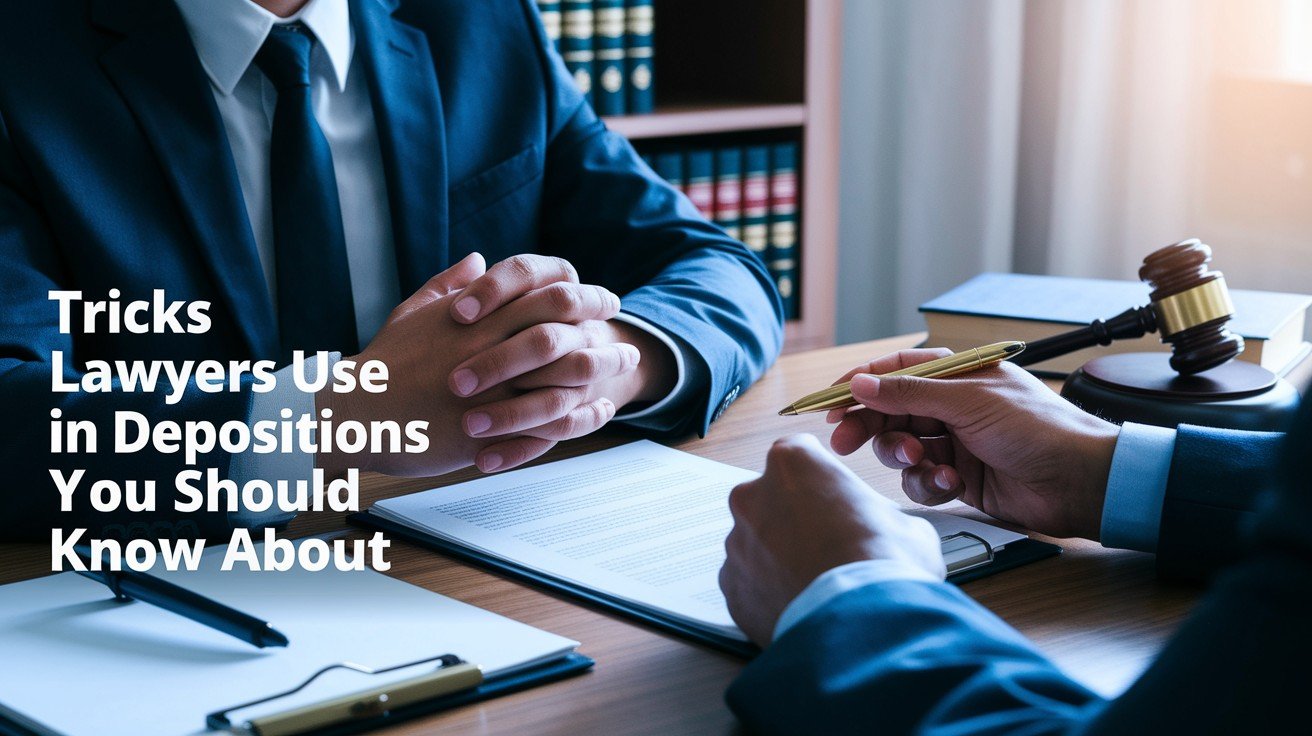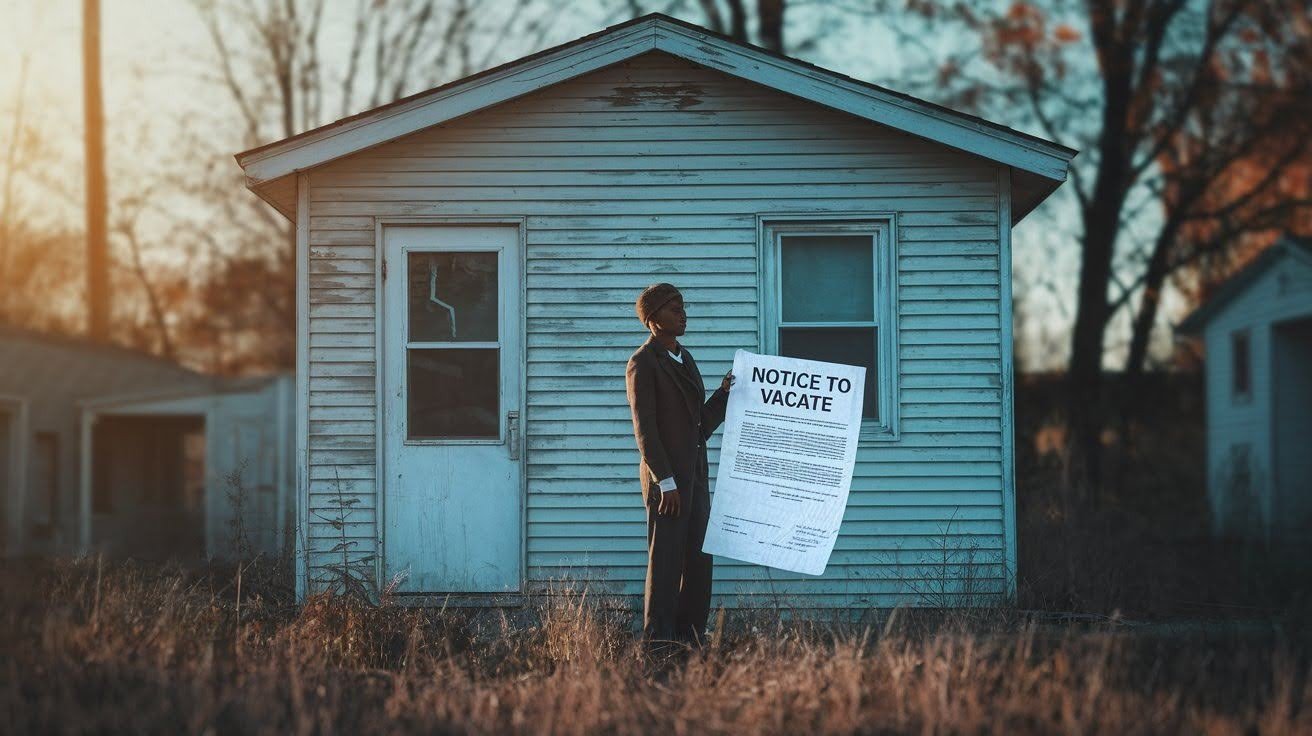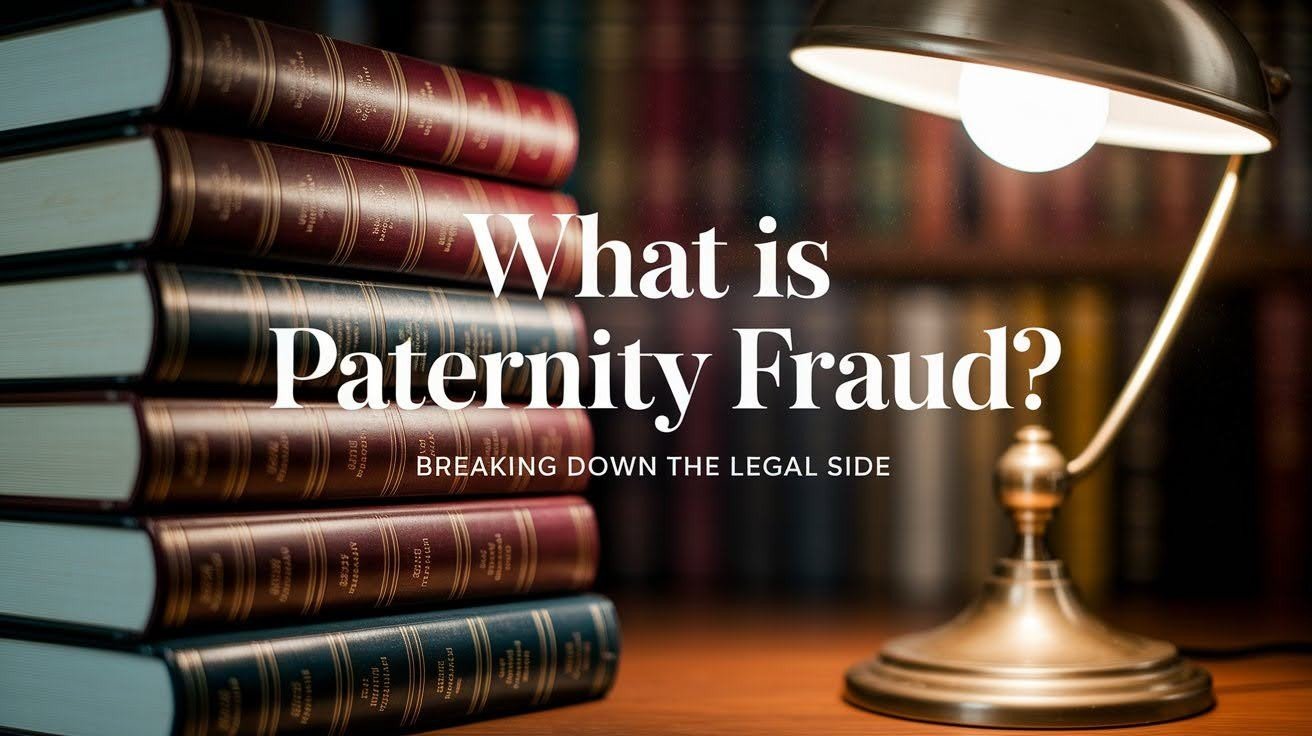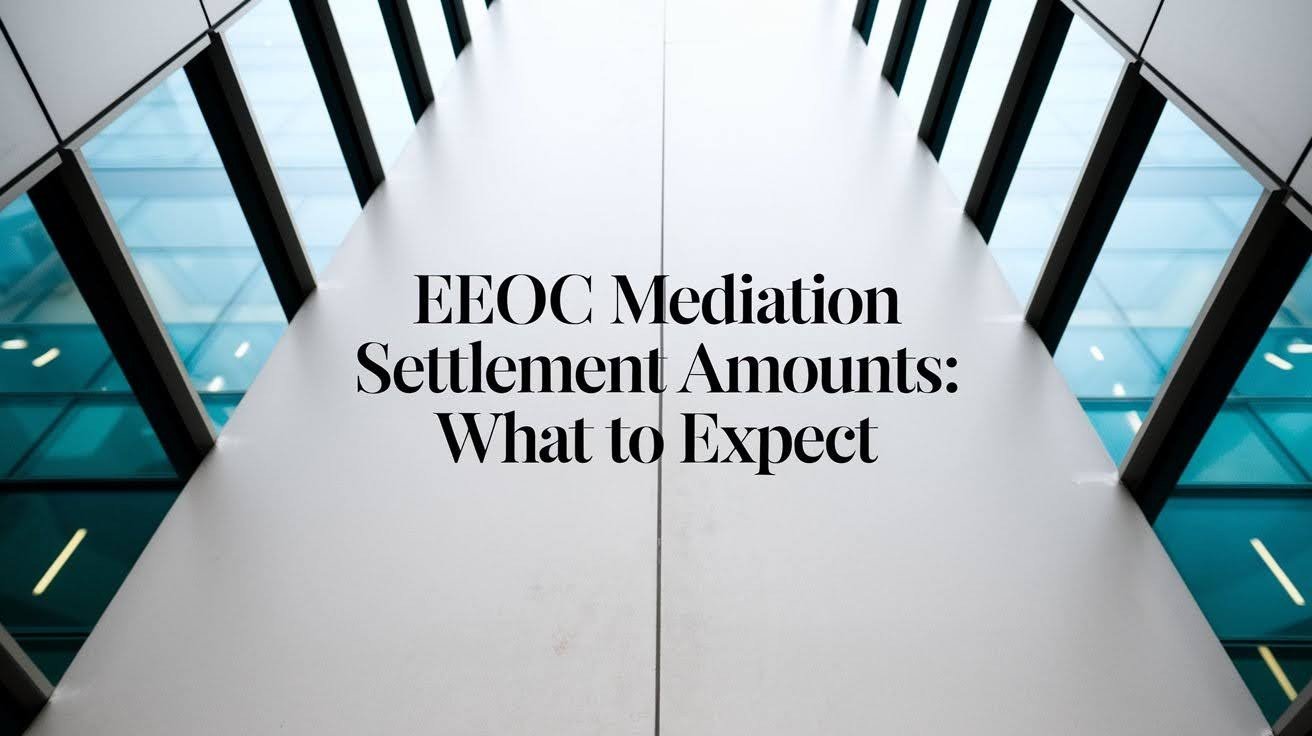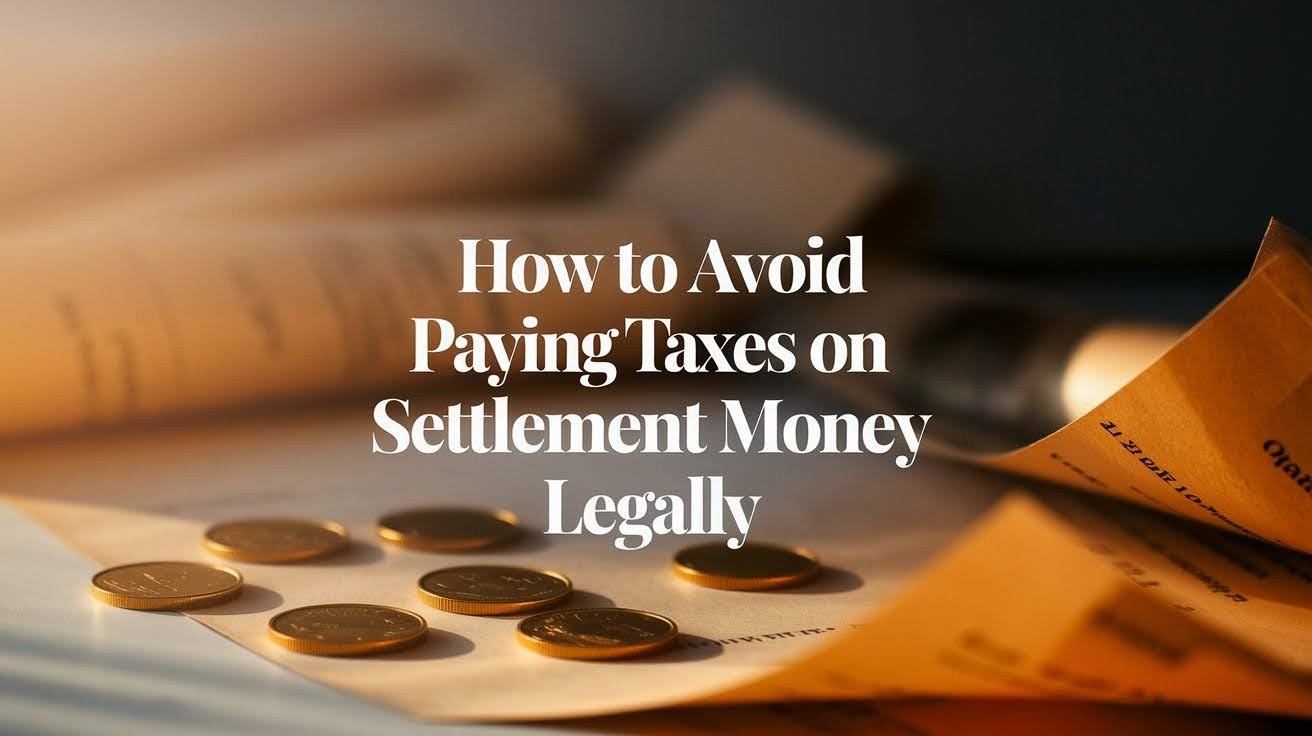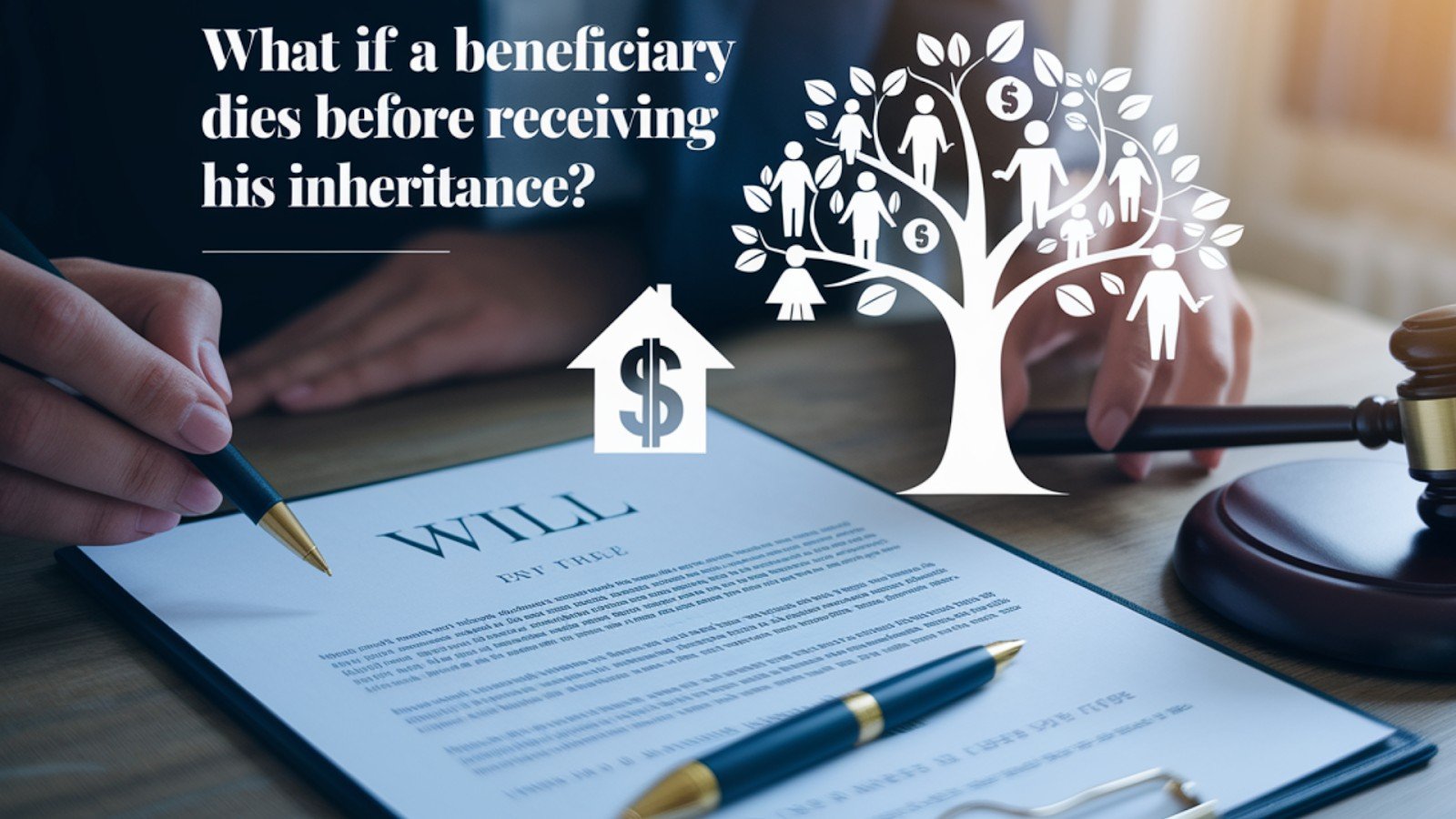Getting injured because another person acted carelessly can devastate your existence. Many rising medical costs, bills, lost wages, and debt in large amounts may confront you. Emotional as well as physical pain could also be present.
Success remains possible here, needing work involving phases and strategy, so odds grow when dealing with things you handle. If you do show evidence, then you are gathering some strong evidence. Then it’s safe.
The feeling of being unsure or of thinking that systems are stacked against you is normal. You can protect your rights with careful preparation, along with the right decisions and guidance, plus secure them with realistic expectations.
What Are Your Actual Chances of Winning?
The chances of winning a personal injury lawsuit depend on many factors, but the numbers tell an interesting story. Most cases never go to trial because they settle out of court first.
About 95% of personal injury cases end in settlements before reaching a courtroom. This means insurance companies and defendants often prefer to pay rather than risk a trial. Settlements give both sides more control over the outcome.
Key Factors That Determine Your Chances
Your likelihood of winning a personal injury lawsuit largely depends on several critical factors. Understanding these can help you strengthen your case and anticipate potential challenges:
Clear Liability Establishment
Proving that the other party is legally responsible for your injury is crucial. Cases with
straightforward liability, such as rear-end car accidents or slip-and-fall incidents on poorly maintained property, tend to have higher success rates. Complex scenarios with shared or disputed fault can reduce your chances of winning.
Quality and Strength of Evidence
The evidence you present plays a decisive role. Strong medical records, photographs of the accident scene, eyewitness statements, and expert testimony all help build a persuasive case. Weak, inconsistent, or incomplete evidence can severely undermine your claim.
Severity of Injuries and Damages
Courts and insurance companies evaluate both the extent of physical injuries and the financial impact on your life. Serious, well-documented injuries with long-term consequences often lead to higher compensation, while minor or poorly documented injuries may weaken your claim.
Legal Representation Quality
Experienced personal injury attorneys understand negotiation tactics, trial strategies, and evidence presentation, significantly affecting your case outcome. Choosing a knowledgeable lawyer who can guide you through the process improves your chances of a favorable settlement or verdict.
Timeliness and Compliance
Filing deadlines, proper documentation, and adherence to legal procedures are essential. Missing crucial deadlines or failing to comply with court requirements can jeopardize your case, regardless of its merits.
By focusing on these key factors, you can better assess your case’s strengths and weaknesses, take proactive steps to reinforce your position, and improve the likelihood of a successful outcome.
Understanding the Legal Landscape
You must show that the other person had a duty to keep you safe. For example, drivers must follow traffic rules. Store owners must keep floors clean and safe. This duty exists in most daily situations.
Next, you prove they broke that duty through careless actions. Running a red light breaks a driver’s duty. Leaving spills on store floors breaks a business owner’s duty. Clear examples of careless behavior strengthen your position.
Finally, you connect their careless actions directly to your injuries. The broken duty must be the real cause of what happened to you. This connection, called causation, can be the hardest part to prove in court.
Why Personal Injury Cases Are Challenging?
Personal injury cases can be difficult because the burden of proof is on the injured party. You must clearly show that the other person or entity had a duty of care, breached it, and directly caused your injuries. Even small gaps in this chain can weaken your case.
Insurance companies and opposing parties often complicate matters by disputing claims, minimizing injuries, or delaying settlements. They may request excessive documentation or use legal tactics to reduce payout amounts, making the process stressful and time-consuming.
Medical evidence and expert testimony add another layer of complexity. Conflicting opinions, unclear causation, or insufficient documentation can make it harder to prove the extent of your injuries, which directly impacts compensation.
Burden of Proof Requirements
You carry the burden of proving your case in personal injury lawsuits. This means gathering all evidence and showing it supports your claims. The other side doesn’t have to prove they’re innocent.
Courts require “preponderance of evidence” in these cases. This means your proof must show it’s more likely than not that the other person caused your injuries. It’s easier than criminal cases, but still requires solid evidence.
Meeting this burden takes time, money, and effort. You need medical records, expert opinions, and witness statements. Each piece of evidence must support your story about what happened and why.
Common Obstacles in Personal Injury Lawsuits
Here’s a short table version summarizing the common obstacles in personal injury lawsuits:
| Obstacle | Description |
| Insurance Company Tactics | Delays, claim disputes, pressure for quick settlements, and social media scrutiny. |
| Comparative/Contributory Fault | Shared or minor fault can reduce or eliminate compensation depending on state laws. |
| Medical Disputes & Expert Testimony | Conflicting medical opinions or expert analysis can weaken your case. |
Elements That Strengthen Your Case
Personal injury cases can be tricky, and several common obstacles often affect the outcome. Understanding these challenges early helps you prepare and improve your chances of success:
Severity of Injuries
If you’ve suffered a serious injury, like a broken bone, brain trauma, or spinal damage, your case usually has a stronger chance of success. Clear medical records make it easier to prove the extent of your injuries.
For minor injuries, such as whiplash or soft tissue damage, insurance companies and juries may be more skeptical. You’ll need extra medical documentation to show the impact on your daily life.
Keeping up with ongoing treatment, doctor visits, therapy, and follow-ups creates a solid record. This paper trail helps demonstrate just how much your injuries affect you and strengthens your claim.
Clarity of Fault
Cases with obvious fault have better odds of success. Rear-end collisions usually show clear responsibility. Drunk driving accidents leave little room for argument about who’s to blame.
Complex accidents with shared blame are harder to win. Multi-car crashes, slip and fall cases with unclear causes, and situations with confusing facts face more challenges. The chances of winning a personal injury lawsuit drop when fault is unclear.
Traffic violations, safety rule violations, and criminal behavior strengthen fault arguments. Police reports, citations, and witness statements help establish clear responsibility. Official documentation carries weight in court.
Evidence Quality
Medical records form the backbone of personal injury cases. Emergency room visits, diagnostic tests, and treatment records prove your injuries exist. Gaps in medical care can hurt your credibility.
Scene photos capture important details that disappear over time. Damage to vehicles, dangerous conditions, and injury evidence help tell your story. Take pictures immediately if possible, or have others do it for you.
Witness statements provide independent views of what happened. People who saw the accident can support your version of events. Contact information for witnesses should be gathered as soon as possible after an incident.
What Weakens Personal Injury Cases
Several common mistakes can significantly hurt the chances of winning a personal injury lawsuit. Waiting too long to see a doctor makes insurance companies question if you’re really hurt.
Giving different versions of what happened confuses your case. Inconsistent statements to doctors, insurance companies, or police create credibility problems. Stick to the facts and be consistent in all communications.
Social media posts can damage your case in unexpected ways. Photos showing activities that seem inconsistent with your claimed injuries give the other side ammunition. Privacy settings don’t always protect you from investigation.
Steps to Strengthen Your Personal Injury Case
Taking the right steps early can make a big difference in your personal injury case. From documenting your injuries to getting proper legal guidance, proactive actions help protect your rights and improve your chances of a successful outcome:
Immediate Actions After Injury
Getting medical help right away is crucial not just for your health, but for your case. Early treatment creates an official record that shows your injuries are real and connected to the accident.
Write down everything you remember while it’s fresh, conversations, and how you felt. These details can make a big difference when memories start to fade.
Be careful talking to insurance companies on your own. They may record conversations or ask tricky questions. Always refer them to your lawyer once you have one.
Building Strong Evidence
Take plenty of photos of everything connected to your accident vehicle damage, the scene, visible injuries, and any hazards. The more evidence you capture, the stronger your case.
Keep all your medical records, bills, and treatment notes well-organized. These documents show the extent of your injuries and the costs involved, from doctors to physical therapists.
Collect written statements from witnesses while their memories are fresh, and save their contact information. Witness testimony can be a key factor in winning a case.
Legal Representation Importance
Choose a lawyer who specializes in personal injury cases and has trial experience. A specialist is more likely to catch details that can make or break your case.
Look for a legal team prepared to take your case to trial if necessary. Insurance companies often offer better settlements when they know your lawyer is ready to fight in court.
Experienced lawyers understand how to value your case and negotiate effectively. Their knowledge of the local courts and access to expert witnesses can significantly improve your chances of success.
Case Investigation and Documentation
Professional case investigation can uncover evidence you might otherwise miss. Experts like private investigators, accident reconstruction specialists, and medical professionals often reveal key details about liability and damages.
Keep thorough records of how your injury affects your life. Document lost wages, medical costs, pain levels, and daily limitations. Complete records help support higher compensation.
Stay in regular contact with your legal team. Promptly return calls, provide documents, and attend appointments. Your cooperation directly impacts the success of your case.
Expert Witness Preparation
Medical experts help juries understand your injuries and future care needs. They translate complex medical details into clear terms, making your damage claims easier to support.
Economic experts calculate lost wages, future medical expenses, and other financial impacts. Their analysis helps justify specific settlement amounts or jury awards.
Accident reconstruction experts show how the accident happened using scientific methods. Their testimony can be crucial in cases where fault is disputed.
Understanding Your Options
When facing a personal injury claim, you typically choose between settling with the insurance company or going to trial.
Settlement Benefits and Risks
Settlements give you certainty you know exactly how much compensation you’ll get and when. Trials, on the other hand, always carry the risk of receiving nothing, even in strong cases.
Settling is usually faster and less expensive than going to court. Trials can take years and eat into your award with legal fees, while a settlement lets you move forward sooner.
Keep in mind, settlements may be lower than what a trial could award. Once you accept a settlement, you can’t ask for more later, so make sure you fully understand the extent of your injuries before agreeing.
When to Consider Going to Trial
Consider going to trial if settlement offers don’t fairly reflect your injuries. Insurance companies sometimes lowball claims, hoping you’ll accept quickly, but strong cases deserve full compensation.
Cases with clear liability and significant damages often do well in front of a jury. Obvious fault and sympathetic injuries can lead to higher verdicts than insurance settlements.
A trial can be worthwhile when the potential reward outweighs the risks. If a settlement barely covers your medical bills, discuss with your lawyer whether taking your case to court makes sense.
Essential Tips for Personal Injury Success
Being proactive, organized, and working closely with experienced legal professionals helps protect your rights and maximize compensation:
- Seek medical attention immediately: Even if you feel fine, see a doctor. Some injuries don’t show symptoms right away.
- Document everything thoroughly: Take photos, keep receipts, and write down what happened while it’s fresh.
- Don’t give recorded statements: Avoid speaking with insurance adjusters without your lawyer present.
- Follow all medical advice: Missing appointments or ignoring treatment recommendations hurts your case.
- Keep detailed medical records: Organize all bills, reports, and treatment notes in one place.
- Avoid social media posts: Insurance companies monitor your accounts, looking for contradictory evidence.
- Don’t accept quick settlements: Initial offers are usually far below fair compensation amounts.
- Hire an experienced lawyer: Personal injury specialists know the law and insurance company tactics.
- Be honest about pre-existing conditions: Hiding medical history can destroy your credibility completely.
- Keep expense receipts: Save all costs related to your injury, including transportation to medical appointments.
- Don’t delay filing your claim: Legal deadlines are strict and missing them ends your case permanently.
- Gather witness information: Get names and contact details from anyone who saw your accident.
- Report the incident properly: File police reports and notify relevant authorities about what happened.
- Stay organized throughout: Keep all case-related documents in one secure, accessible location.
- Communicate regularly with your attorney: Return calls promptly and provide requested information quickly.
- Be patient with the process: Good cases take time to develop and resolve properly.
- Understand your state’s laws: Fault rules and damage caps vary significantly between different states.
Conclusion
A personal injury lawsuit can feel overwhelming, but knowing what impacts your success odds provides a true benefit. Cases do have a far greater likelihood of succeeding when you have sifted through the evidence and have established the fault. This is contingent on your having accepted.
For settling most claims out of court can be much faster and less stressful, in addition to being more predictable than going through a legal trial. Settling often works well and also benefits both parties, but some situations arise, especially those that greatly damage property or a well.
It is quite critical that you act with speed after your accident. Document every detail, then reach out to a well-qualified attorney. Seek medical care immediately. Your own rights are protected for you and your position.
Frequently Asked Questions
How long do personal injury lawsuits typically take to resolve?
Most personal injury cases settle within 6-18 months. Complex cases involving serious injuries or disputed liability can take 2-3 years or longer. Trial cases always take more time than settlements.
What percentage of personal injury cases actually go to trial?
Only about 5% of personal injury cases go to trial. The vast majority settle out of court through negotiations between lawyers and insurance companies before reaching a courtroom.
Can I still win if I was partially at fault for the accident?
Yes, in most states, you can still recover compensation even if you share some blame. Your award will be reduced by your percentage of fault in most jurisdictions.
How much does it cost to hire a personal injury lawyer?
Most personal injury lawyers work on contingency fees, meaning they only get paid if you win. Typical fees range from 25-40% of your settlement or verdict amount.
What if the other party doesn’t have insurance coverage?
You might still recover through your own insurance policies, including uninsured motorist coverage. Your lawyer can also pursue the at-fault party’s personal assets in some cases.

